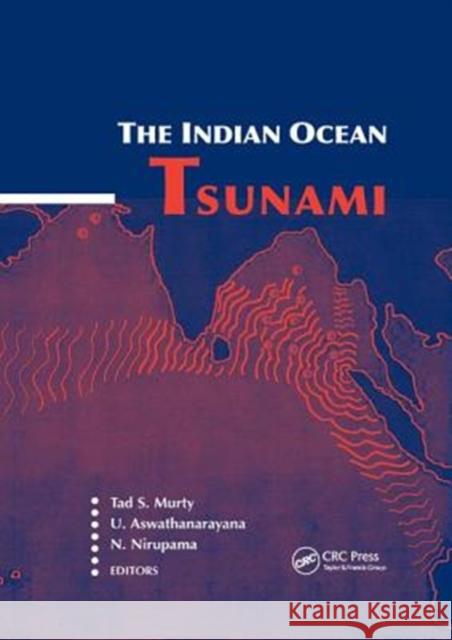The Indian Ocean Tsunami » książka
The Indian Ocean Tsunami
ISBN-13: 9781138496330 / Angielski / Miękka / 2018 / 494 str.
The Indian Ocean tsunami of December 2004 is considered to have been one of the worst natural disasters in history, affecting twelve countries, from Indonesia to Somalia. 175,000 people are believed to have lost their lives, almost 50,000 were registered as missing and 1.7 million people were displaced. As well as this horrendous toll on human life, the tsunami destroyed property worth billions of dollars and ruined many local economies. Based on their experience and analysis of this tsunami, the authors have developed methodologies for predicting and preparing for tsunamis. A basis is provided for a cost-effective warning and preparedness strategy, drawing on the example of existing systems used in earthquake disaster management and tidal wave warning, from genesis to impact. The book comprehensively addresses the fundamentals of tsunami science, identifying potential areas where tsunamis might be generated, predicting the anticipated course of tsunamis and considering how the geophysical, ecological and socioeconomic location of a community may determine the severity of tsunami damage. The authors suggest how precursors can be used to enhance the advance warning time, how tsunamis can be detected at the time of their occurrence, and the manner in which warnings should be communicated to the populations likely to be affected. Finally, improvement in eco-sociological resilience through the application of dual-use technologies is identified as a pivotal aid in allowing coastal communities to be better prepared. The book will be of interest to a global audience of professionals and academics active in seismology, ocean science, meteorology, coastal management, earthquake engineering and disaster management.











